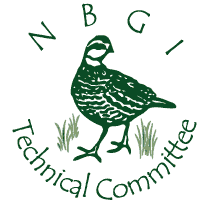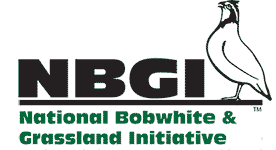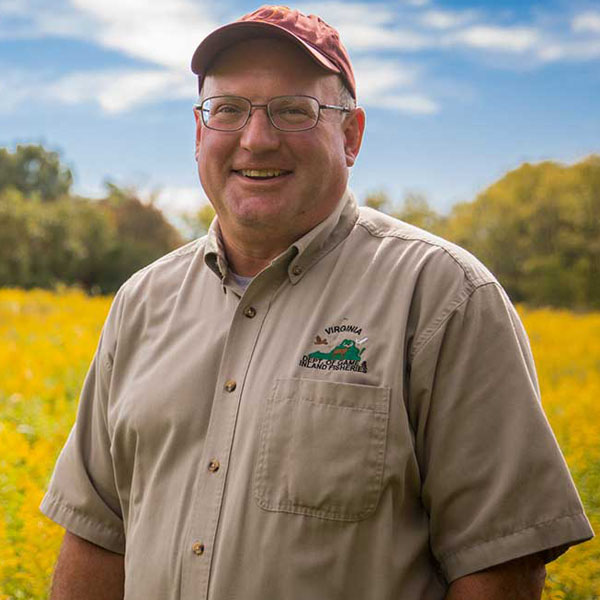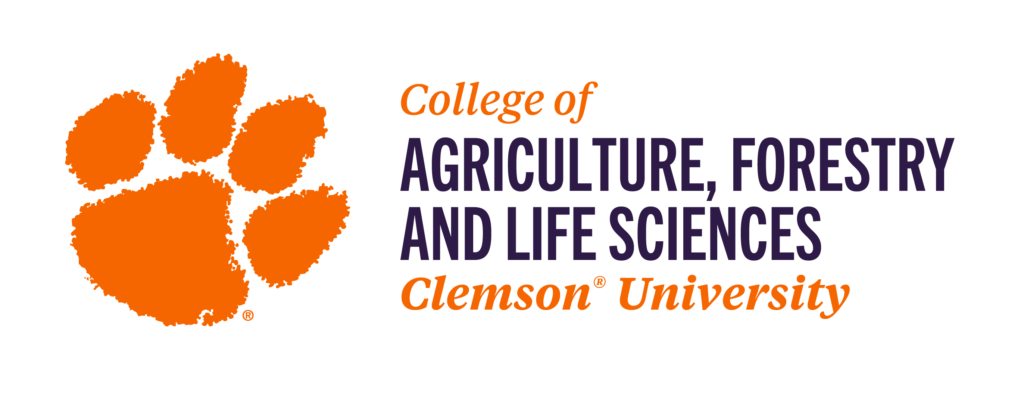“Everyone wants to go to Heaven, but no one wants to go today” – I’m not sure who that quote is attributed to, but it is often good for a laugh. I’ll try a similar one as I see it relating to quail – “Everyone wants to reverse the quail decline, but no one wants to do anything about it today.”
We live in a world where many of us are used to relying on others to do things for us. This BLOG is not meant to be any kind of a political statement. I’m a moderate and I won’t go into my beliefs. Who’d care anyway? But we all tend to sit back and say, “Let the state or the federal government take care of it.” Well when it comes to quail recovery, when one refers to the “state agency” what that often boils down to is one or two beleaguered quail coordinators, a few other agency staff, a few partner agencies and a team of a dozen or two volunteers, trying to do it all. Well here is a news flash for you, if quail go extinct, YOU are to blame, not the state. Get up and do something today!
“What can I do to help?” you ask. Sounds like my daughter saying to me “Daddy, I’m bored, there is nothing to do.” To which I reply, “boring people are bored, use your brain, look around you, don’t expect the world to do it all for you.” So you won’t think I am a terrible Dad, I usually also offer a few ideas and try to show her how, if we use a little initiative, we can always find some fun things to do.
So to the point – here is a short list for you to jump start your desire and get you past a lack of gumption – that is what it all boils down to. How bad do you want it?
- Learn about the problem and spread the word to every neighbor and friend you have. If you are in Virginia, go to our website www.dgif.virginia.gov/quail , if not find your agency’s site. Read, learn, share!
- Tell everyone you know about the NBCI website.
- Show up!!! By that I mean all state agencies have periodic meetings of their Boards that are open to the public. These generally have a time period dedicated for public comment. Let them know quail are important. Those who show up win.
- If you have land, find out how to manage it and talk to your neighbors. See if they are interested. Quail management benefits do not accrue equally with each additional acre managed. There is a threshold that, when reached, efforts really begin to pay off in an exponential fashion. 100 acres – OK – quail maybe? 500 acres – now you are getting up some speed, 1000 acres – Yes!!!! 2000 acres –Wow!!! You have guaranteed yourself a long term quail population. In Virginia we call this a “quail quilt” – landowners “sow” together smaller pieces of land into a useful quail quilt. Join our QMAP program for more details (www.dgif.virginia.gov/quail/qmap/asp).
- If you are a seasoned quail hunter, consider hosting or organizing a “how to become a bird hunter” workshop. Check with your state quail biologist – they’ll be willing to help.
- Join a conservation NGO (non-governmental organization). Many exist – the most notable for quail are (in alphabetical order): the National Wild Turkey Federation’s Upland Wing, Quail Forever, Quail Unlimited, and the Quail and Upland Wildlife Foundation (websites on the NBCI website). Each has their own unique features, visit their websites, make a decision and join one, or two – no one says you can’t join them all.
- Take a kid SMALL GAME hunting. It is not all about deer. Young people need variety and excitement, they desire action. Whether it s squirrels, rabbits, dove, quail or woodcock – get them out there and active.
More next time!
